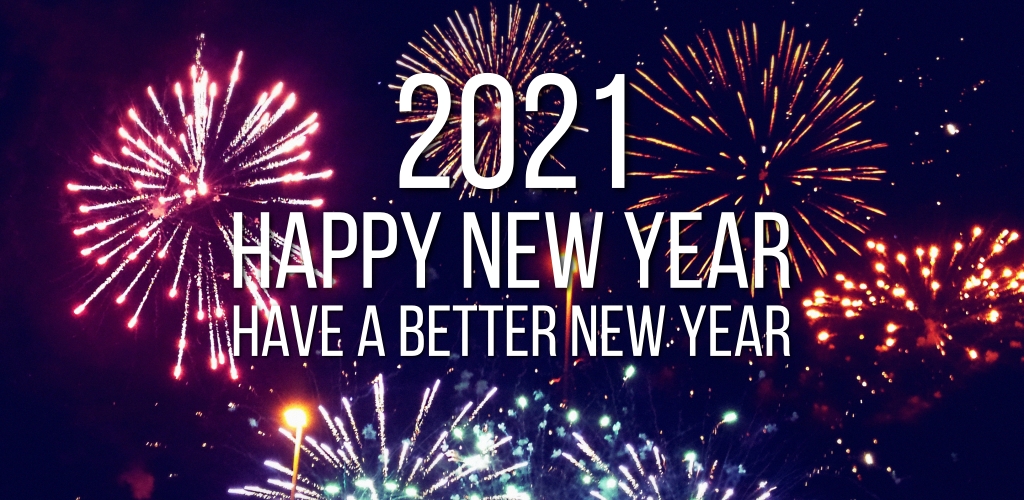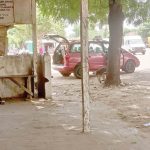In mid-September we came up with the idea of reaching out to poor families during the 2020 Christmas. This was against the backdrop of the economic nightmare that has continued to hold us by the scruff of our necks. In the wake of the ease in restrictions necessitated by the pandemic, people poured out on the streets hungrier and in deeper despair. Recovery for many has remained an uphill struggle. Meanwhile, the exercise was carried out away from the public eye primarily to get up close and personal with the beneficiaries. Thankfully, by December 21, many families were reached amid cascades of emotions.
The exercise left haunting memories. It brought home the squalor, struggles and the state of need that many are forced to endure beneath a thin veneer of weary smiles and forlorn hopes. They contend that their desperate conditions have gone several notches higher since the outbreak of the virus. Clearly, this is representative of the situation across the country which portends real danger.
- Major sporting events to look forward to in 2021
- 20m Nigerians battle kidney disease, expensive treatment
Subtly, poverty and hunger were important underlying factors in the orgy of violence and destruction that supplanted the peace in the #EndSARS protest. Food prices continue to go through the roof courtesy of the unexampled level of insecurity which has effectively rendered agricultural activities a walk on thin ice in a country adjudged the poverty capital of the world. Border closure until its recent reopening was a contributory factor as little was achieved in spurring local food production.
Instructively, shutting the borders while mechanisation is still a tall order with cost of inputs beyond the reach of the average farmer and other incentives unavailable; it is bound to make the leitmotif of the initiative counterintuitive. The 2020 Global Hunger Index (GHI) ranked Nigeria 98th out of the 107 countries with sufficient data to calculate the GHI scores. Nigeria only outperformed nine countries in the follwing order: Afghanistan, Lesotho, Sierra leone, Liberia, Mozambique, Haiti, Madagascar, East Timor and Chad.
The opening page of 2020 was horror-laden as mankind was blitzed by a novel virus. No doubt, the consequences on global economy and health systems were monumental. Nigeria stands on the edge as a result of the economic squeeze occasioned by the loss in value of oil; its main foreign exchange earner.
In the third quarter of 2020, the country slipped into recession; the second in about four years and the worst since the 80’s. Inflation hit 14.89 per cent as at November, 2020, against 14.23 per cent in October. The rising inflation has been a permanent fixture. Basically, we are witnessing steady growth in inflation, chronic unemployment and foreign exchange crunch. The debt situation is scary as public debt stock was projected to hit N32.51tn by December 31, 2020.
Also, with a budget deficit of N5.20tn, new borrowings are expected. The proposed new borrowings will be about a third of the proposed N13.0tn budget for 2021.
The merchants of death continue to act with impunity as they launch attacks and kill at will. Boko Haram and the bandits and sundry no less heinous crime perpetrators continue to outdo one another in the number of deaths and abductions they routinely record. The Zabarmari violent murders and brazen abduction of 344 school boys are cases in point. The country was placed among the least peaceful countries in the world where it occupied 40th position out of 44 countries assessed, just four positions above South Sudan – the least peaceful according to the 2020 Global Peace Index (GPI) report.
The many extant fissures in the country have widened into a deep gorge as mutual distrust has become strong and loud calls of disintegration rent the air. The government remains under serious attack for the lack of balance in reflecting the heterogeneous nature of the country.
The Financial Times in its editorial of December 22, 2020, found it convenient to label the country a failed state. It described a failed state as where the government is no longer in control. It also stated that Nigeria will become a problem far too big for the world to ignore.
The bugbear for Nigeria as the curtain fell on 2020 was the threat of a second lockdown as the virus marked a return with vengeance. This may overshadow chances of a tepid recovery in 2021 as oil demand will be put in real jeopardy. Against this background, tougher times may be ahead, which call for maturity and circumspection in precluding any threat to oil installations.
It is time for the leadership of the country to wriggle itself out of the echo chamber and pay heed to the many diametrically opposed views, however withering. Approach in the fight against insecurity needs to be re-imagined; diversification of foreign exchange source and confidence and trust building be aggressively pursued as we march into an uncharted path in 2021.
The Organisation for Economic Cooperation and Development (OECD) stated that governments’ ability to harness public trust as a force out of the crisis would be crucial for planning and implementing an inclusive recovery from the COVID -19 emergency. And in answering the question on what drives public trust in government, it added that governments valued such as high levels of integrity, fairness and openness of institutions are strong predictors. It went further that governments’ competence – their responsiveness and reliability in delivering public service and anticipating needs were crucial for boosting trust.
Abachi Ungbo – [email protected]

 Join Daily Trust WhatsApp Community For Quick Access To News and Happenings Around You.
Join Daily Trust WhatsApp Community For Quick Access To News and Happenings Around You.


